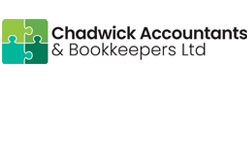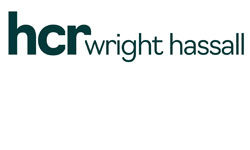And as Hannah went on to point out, “most cases of underinsurance or neglect aren’t due to carelessness, but rather to misunderstanding situations, being overwhelmed by the complexities or jargon, or the assumption that ‘it won’t happen to us.’ It could. And it has.”
It can be tempting to opt for the cheapest policy or delay decisions altogether. Yet, as Hannah explained, “this may cost you more in the long run. Without the right cover, a single claim can derail a business completely. Spending a little extra upfront ensures that when something goes wrong, you’re protected.”
The podcast then went on to outline the essential types of business insurance every company should consider. These include:
Professional Indemnity Insurance
“Think of this as your legal parachute,” said Hannah. “If your business offers advice, design or professional services for a fee, it protects you if that advice causes a client financial loss.”
Public Liability Insurance
“This covers injuries or property damage suffered by third parties,” explained Hannah, “whether on your premises, on-site, or even at trade shows and events. For contractors, client-facing businesses, and places with foot traffic (like shops, pubs or hotels), this policy is indispensable.”
Employers’ Liability Insurance
“Unlike most covers, this one’s not optional. In the UK, it’s a legal requirement for any business employing staff: whether full-time, part-time, or even unpaid volunteers. If an employee becomes ill or injured as a result of their work, this ensures you’re compliant and protected.”
Property and Contents Insurance
Hannah described this as “the business equivalent of home insurance, covering your buildings, stock, laptops, and even signage against risks like fire, theft or flood. But one common mistake people make is assuming that home insurance covers business equipment if you work from home. It rarely does.”
Business Interruption Insurance
“Perhaps the most underrated of all. This covers lost income when you can’t operate due to a covered event, like a fire or flood. It can mean the difference between a business surviving or collapsing after a major disruption.”
The podcast went on to discuss other important policies businesses might require - including cyber insurance, management liability, and key person cover - before Hannah closed with the advice: “Insurance isn’t exciting, but it’s essential. Disasters may be rare, but when they happen, the right cover transforms a potential catastrophe into a manageable setback. Don’t treat insurance as a box to tick; treat it as the safety net that keeps your business alive.”


























